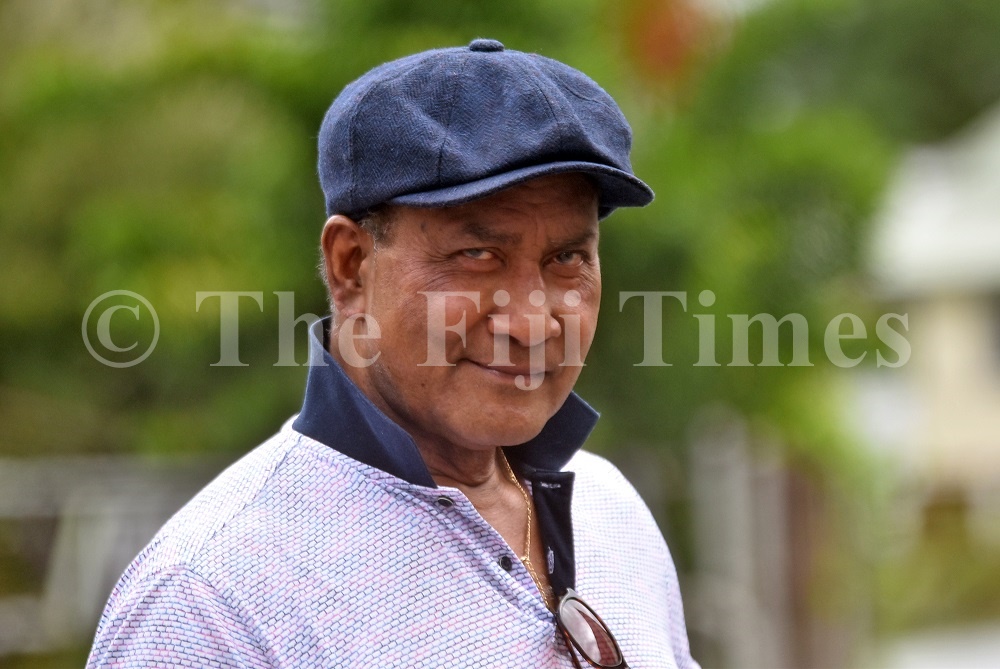RENOWNED Fijian academic Professor Steven Ratuva says the recent splitting up of the Opposition into two blocs can further weaken the already compromised parliamentary Opposition.
Responding to Speaker of Parliament Ratu Naiqama Lalabalavu’s announcement in Parliament on Monday that the Opposition would be operating in two working groups or blocs, Prof Ratuva said because of the split there was a danger of perpetuating the culture of ‘token opposition’ in Fiji.
“It can further weaken the already compromised parliamentary Opposition, whose political party base collapsed after being scuttled by the two party leaders,” Prof Ratuva said.
“The recent splitting up of the Opposition into a majority bloc of 16 and a minority bloc of 9 is indeed strange to say the least.”
Mr Ratuva said the splitting up of the Opposition into a majority bloc of 16 and a minority bloc of nine (9) was “indeed strange”.
“There are some implications of this,” Prof Ratuva said.
“It can further weaken the already compromised parliamentary Opposition, whose political party base collapsed after being scuttled by the two party leaders.
“There is a danger of perpetuating the culture of token Opposition here.
“This plays into the hands of the Coalition Government which would now find itself in a situation to control the political power dynamics and narratives using the divide and control leverage.”
He said the Government would also be in a position to use the nine (9) bloc as a political buffer or solicit their support when the circumstances arise, such as support for the touted constitutional amendment.
“There are some pertinent questions to ask. Will Mr Seruiratu and the 16 bloc remain the official parliamentary Opposition and will they work together with the nine (9) and if so, how?
“Will this arrangement be a transition one, meant to absorb the nine (9) slowly into the Coalition orbit and sphere of influence?
“Which means that by the next general election in 2026 there would be a larger pool of candidates to choose from and in the process displace some ‘unwanted’ coalition politicians.”
Prof Ratuva added the party splinter groups are common around the world and Pacific.
“A common feature of parliamentary democracy is the existence of a government (consisting of dominant party or parties) and an official Opposition party.
“However, sometimes a third party or minority Opposition also has a role in the parliamentary space. But this is usually based on the results of elections and how parties are ranked in relation to votes they receive.
“Remember the Opposition NFP split into the dove and flower factions in the 1970s but the circumstances were different then.
“The recent splitting up of the Opposition into a majority bloc of 16 and a minority bloc of 9 is indeed strange, to say the least.”



